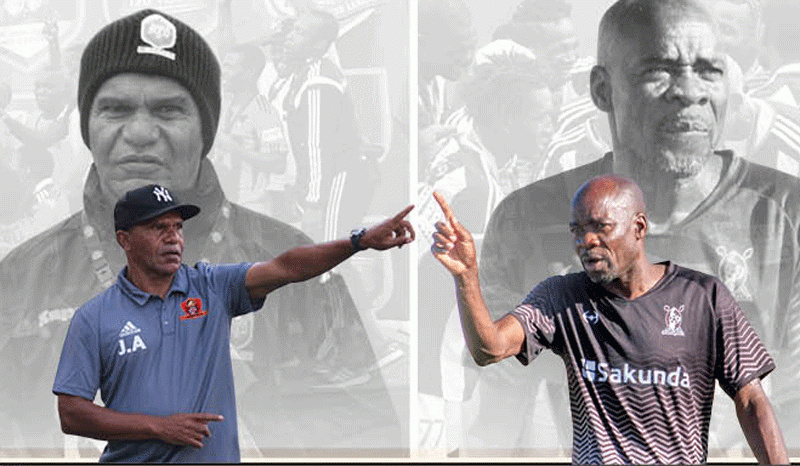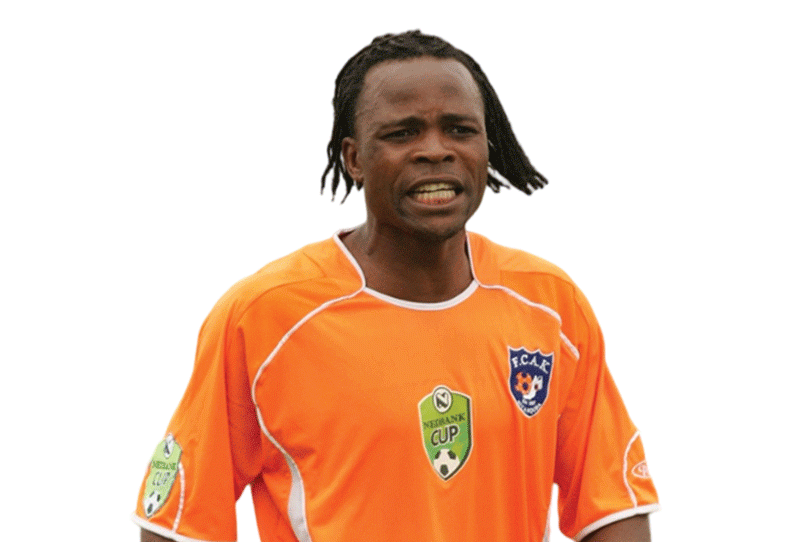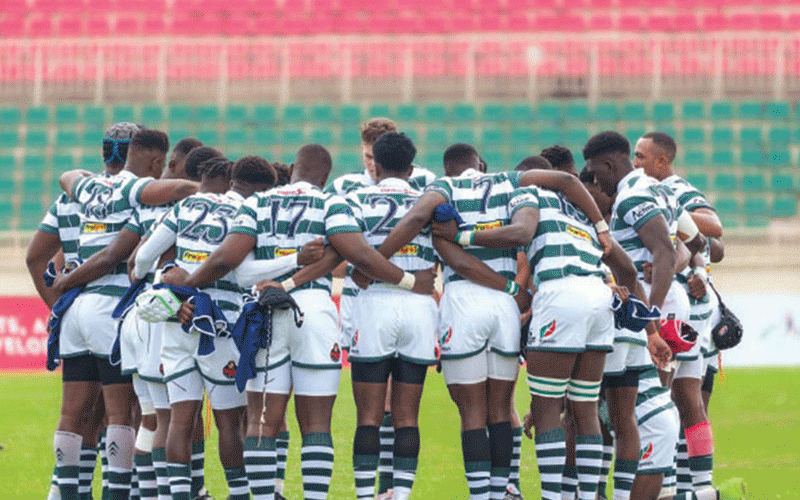
In the case of Enderby Town Football Club Ltd v. Football Association Ltd, Lord Denning, the legendary trailblaSing 20th Century English judge characteristically remarked: “Justice can often be done in domestic tribunals better by a good layman than by a bad lawyer.”
BY JACOB MUTEVEDZI
Since then, the prudence of resolving sports related disputes “within the family of sport” has gained worldwide acceptance. This has led to the establishment of an institution providing extra-judicial dispute resolution of sports disputes, namely: the Court of Arbitration for Sport (CAS) based in Lausanne, Switzerland. CAS was established in 1984 by Juan Antonio Samaranch, a Spanish sports administrator and the then president of the International Olympic Committee (IOC) and Keba Mbaye, an IOC member and Senegalese judge, who was also a judge of the International Court of Justice.
CAS was established for the principal purpose of removing global sports disputes out of national courts and to provide a highly specialised platform where those disputes could be heard and determined speedily and at low-cost, in terms of a versatile procedure. Over the years, CAS has gained the acceptance and confidence of the global sporting fraternity. It is currently the forum of last instance for the determination of appeals brought by parties involved in a broad spectrum of sporting disputes.
CAS is administered by the International Council of Arbitration for Sport (ICAS), which was formed in 1994 and is also based in Switzerland. ICAS’s purpose is to facilitate the settlement of sports-related disputes through arbitration or mediation and to protect the independence of CAS and the rights of the parties. In addition to its administrative role, ICAS is responsible for financing CAS. In its quest to facilitate the settlement of international sports disputes in a specialised and efficient manner, ICAS has drawn up procedural rules and regulations enshrined in a document called the Code of Sports-Related Arbitration (the Code). This procedure is frequently reviewed and revised and enshrines core and fundamental legal principles, for instance, the concept of procedural fairness.
CAS is broadly split into two sections being the CAS Ordinary Division and the CAS Appeal Arbitration Division. The Ordinary Division hears and determines matters brought to it in terms of an arbitral agreement within a contract, a regulatory body’s rules, or an agreement to arbitrate after a dispute has already materialised. It is a requirement that the dispute must be directly or indirectly linked to sport. This includes, for example, commercial agreements whose subject matter is sport, sponsorship agreements, media rights, transfer regulations and agency relationships.
The Appeal Arbitration Division acts as a final appellate forum for decisions made by competent sports authorities. The rules governing the relevant association, federation, or other sports-related organ must encapsulate a clause for the referral of any appeal to CAS. For instance, the World Anti-Doping Agency (WADA) rules provide that athletes may appeal to CAS.
The procedural rules under the Code are divided into three parts; the general provisions, the special provisions applicable to the ordinary arbitration procedure and the special provisions applicable to the appeal arbitration procedure.
- Chamisa under fire over US$120K donation
- Mavhunga puts DeMbare into Chibuku quarterfinals
- Pension funds bet on Cabora Bassa oilfields
- Councils defy govt fire tender directive
Keep Reading
The general provisions are similar to most standard institutional arbitration procedures. They relate to the seat, language, independence and removal of arbitrators, and administrative matters such as language and time limits. They also spell out the procedure for securing interim relief or conservatory measures.
The ordinary procedure is similar to commonly used procedures in international commercial arbitration. The major difference with ordinary arbitration is that Rule 45 of the Code prescribes that if the parties fail to elect a substantive law to govern the merits of the dispute, Swiss law will be applicable. This is not too different from the common practice under other institutional rules, which generally tend to allow arbitrators to choose the most appropriate law to determine the substance of the dispute if the parties fail to express their choice of law. Lawyers must be mindful of this when drafting agreements with a CAS dispute resolution clause.
The appeals procedure is governed by both the general provisions and the special provisions applicable to the appeals arbitration proceedings. An appeal is initiated by filing a “statement of appeal” to CAS. The statement of appeal must contain a copy of the decision appealed, a request for relief, the name of an arbitrator selected from the CAS arbitrators list or a request from the appellant for the appointment of a single arbitrator. The statement of appeal can also be accompanied by an application for a stay of execution of the decision appealed, if any. It must also include a copy of the statutory provisions, regulations, or the contract from which the dispute arises.
Thereafter, the CAS will invite the respondent to file its response. After the exchange of written statements, the parties are not allowed to present exhibits and evidence except by mutual agreement or with the arbitrators’ permission under exceptional circumstances. Appeals are heard by a panel of one or three arbitrators. The panel is entitled to conduct a de novo review of the facts of the dispute and the law. Therefore, it may issue a new award to replace the impugned decision or annul the decision and remit the matter to the relevant sports body or federation.
The seat of arbitration is located in Lausanne, Switzerland. Consequently, proceedings to set aside CAS arbitral awards may only be instituted before the Swiss Supreme Court in terms of the principle of lex loci arbitri (law of the place of arbitration) and must be done within 30 days of the parties’ notification of the decision.
Since its creation back in 1984, CAS has evolved into the foremost dispute resolution institution in sport. Its advantages include, among others, confidentiality, specialist arbitrators, procedural flexibility and simplicity, speed, low costs and international effectiveness of the arbitral award. Just to demonstrate how effective CAS can be, the CAS ad hoc division is able to both constitute a panel and deliver a final decision within 24 hours. Talk of performance-enhanced justice!











